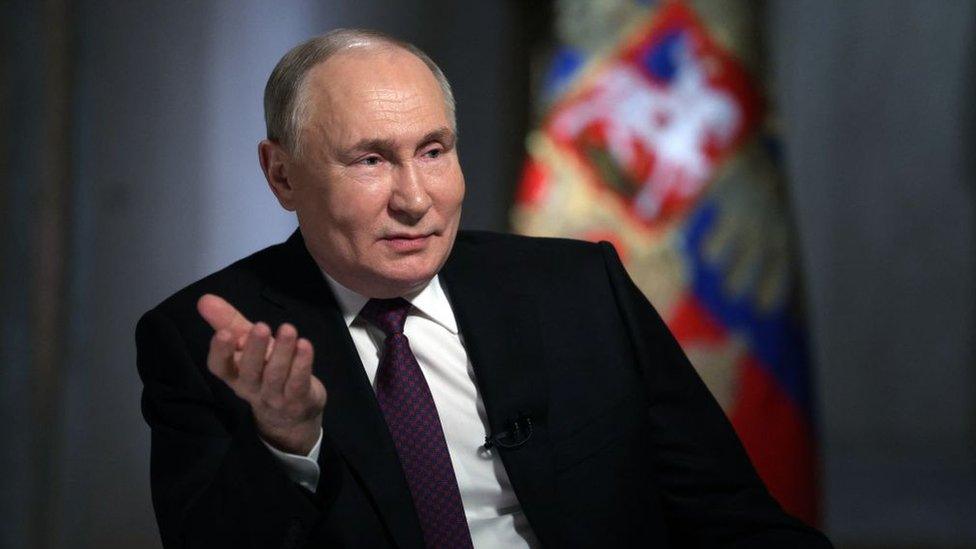Anti-Putin opposition elected in Russian online poll
- Published
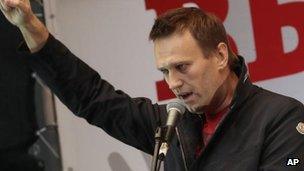
Popular anti-corruption campaigner Alexei Navalny won the most votes
Voters opposed to Russia's President Vladimir Putin have chosen a new opposition leadership to fight for election reform.
Popular anti-corruption campaigner Alexei Navalny won the most votes in the three-day online poll.
Some 81,801 voters took part in the internet poll, electoral committee head Leonid Volkov said.
A total of 45 seats on the Coordinating Committee for the anti-Putin foes were contested by more than 200 candidates.
Mr Navalny said the poll would clarify "which people, which methods and which ideology have the most support".
Announcing the results on satellite and internet TV channel Dozhd, committee organiser Leonid Volkov said the number of votes "didn't let us set the world record for secured verified internet votes, but still it is a very good and interesting figure".
Novelist and columnist Dmitry Bykov came second in the vote, ahead of opposition leader and former chess champion Garry Kasparov.
Another key winner was TV presenter Ksenia Sobchak with Ilya Yashin, leader of activist group Solidarity, also doing well.
Among other known opposition leaders selected were the leader of the Left Front movement, Sergei Udaltsov, and a former vice-premier under Boris Yeltsin, Boris Nemtsov.
The electorate is only a tiny fraction of Russia's voters.
Although the vote was internet-only, the organisers set up a few polling stations in Moscow and elsewhere to enable voters without web-access to take part in the poll.
Voters were allowed to vote for a number of candidates from the field of 209. The 45-member council was to be comprised of 30 from a general list and five each from separate nationalist, liberal and left-wing lists.
The opposition hopes the event will reinvigorate a movement that staged large-scale protests last winter, posing a serious challenge to Mr Putin.
While the Russian authorities are largely ignoring the ballot, attacks on candidates in the pro-Putin media and apparent cyber strikes on the ballot's website - which could not be accessed at times on Saturday morning - suggested that Kremlin supporters were not indifferent.
Voting was extended into Monday because the website had been hacked.
Organising committee officials said the vote had also been disrupted in the industrial town of Chelyabinsk in the Urals, because of a search by agents from the Federal Security Service (FSB).
The organisers emphasised that a large proportion of the votes cast were outside Moscow. However, interest in the vote outside the capital has been limited by the lack of coverage in state media.
Although tens of thousands of demonstrators took part in opposition demonstrations in several Russian cities last month, the rallies have failed to attract the large numbers seen late last year.
Opposition figures have also come under increasing pressure from the authorities, with Sergei Udaltsov under investigation after a pro-Kremlin TV channel linked him to an alleged plot to incite mass riots.
- Published19 October 2012
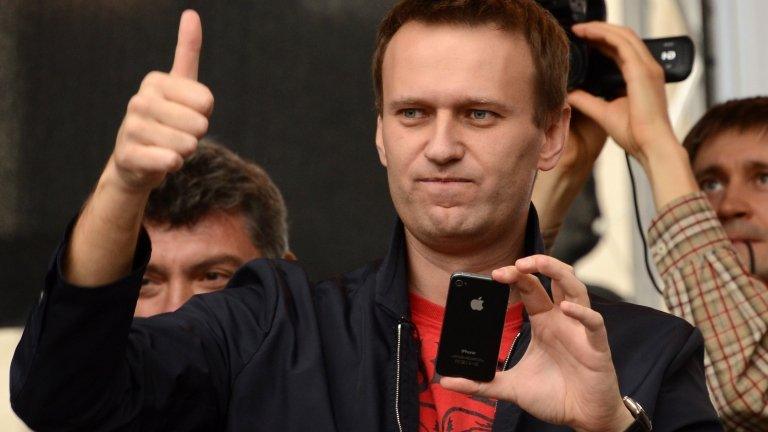
- Published23 October 2012
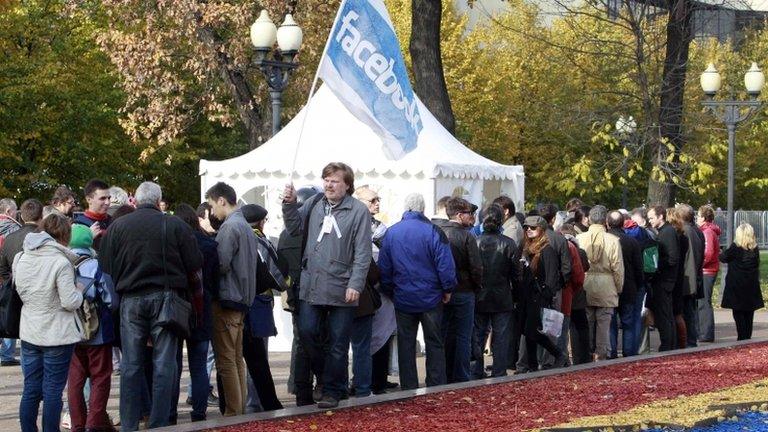
- Published16 February 2024
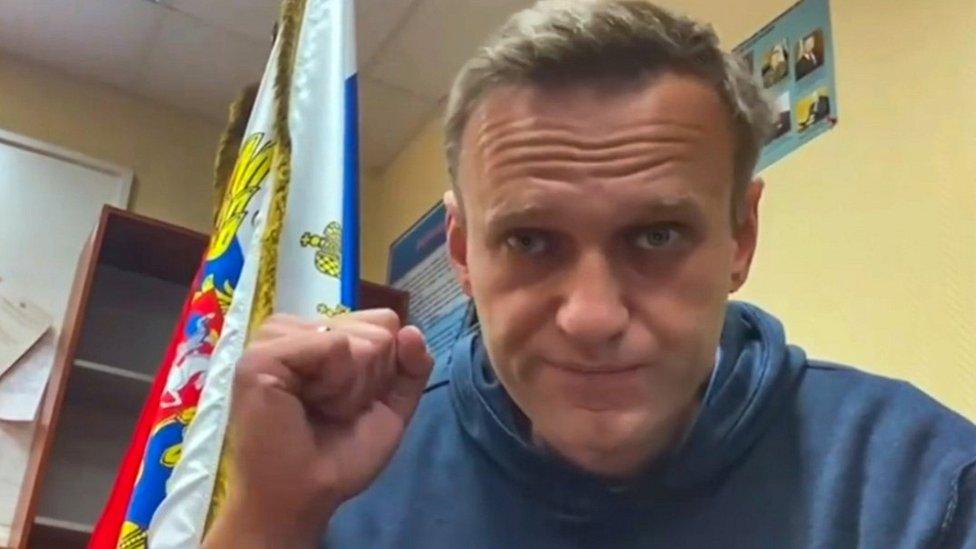
- Published17 March 2024
